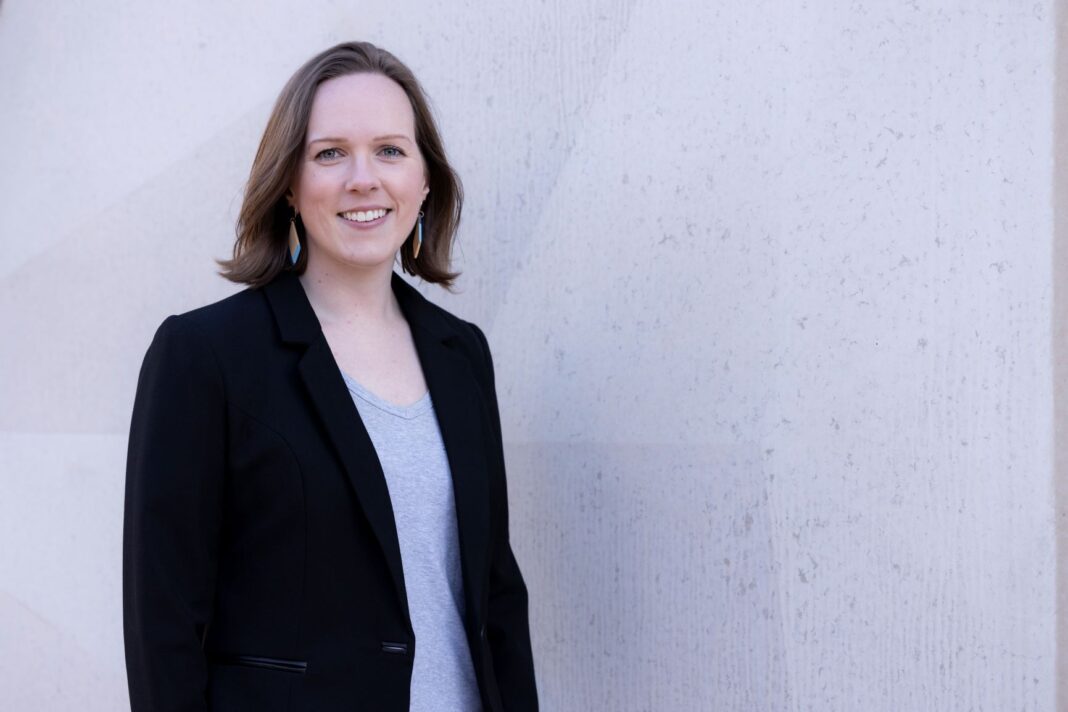A 2018 Women in STEM (science, technology, engineering and maths) Professions Survey Report found just 27% (around one in four) of the total STEM workforce was female.
Canberra-based geoscientist, Dr Steph McLennan, has been part of that percentage since entering the workforce in 2015 and has rallied ever since to increase those statistics.
With a keen interest in science from a young age, Dr McLennan said her career in the field could be credited to a supportive household.
“My dad loved science and was always listening to something science related on the radio or reading a science book and my mum encouraged that as well,” she said.
“I was lucky to not only have an interest in science from the start, but also to have that encouraged by both my parents.
“There were never any negative stereotypes on what a scientist had to be or what that looked like.”
After joining the Geoscience Australia team as part of its graduate program in 2015, Steph completed her PhD in geochemistry and sedimentology at the University of Adelaide in 2016.
She now works within the Australian Antarctic Science Program through Geoscience Australia.
Spending three months of her year working on shore in Antarctica, she takes samples and observations, then studies the human impacts such as tourism and infrastructure on ice-free land in the area.
All this while also being one of the faces of National Science Week (15-23 August) and using her knowledge and profile to change gender stereotypes within the STEM industry.
“We have recognised for a long time that women are underrepresented in leadership roles in STEM and also in the media. That can result in a gender bias about who can work in STEM,” she said.
“That’s why through my profile I challenge stereotypes about what a scientist does and looks like, as well as visiting schools and public events and talking about how science is relevant to everyone and everyday life.”
Dr McLennan said the STEM industry not only needed more representation of women, but diversity in general.
“Across the board we need greater visibility and representation of the whole population,” she said.
“That’s really about ensuring STEM is working for everyone, and we are addressing problems facing the whole community.”
National Science Week 2020 is on 15-23 August; visit scienceweek.net.au to find out more.
For related stories:



